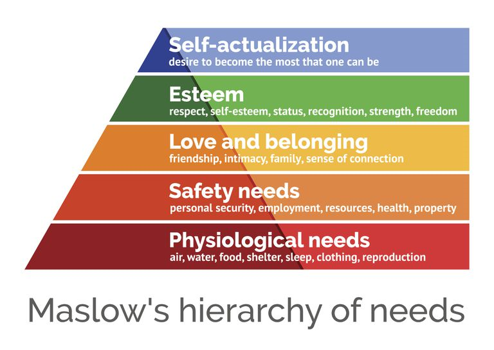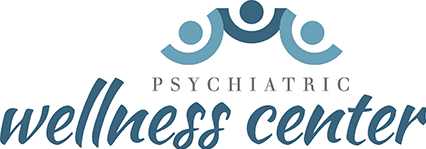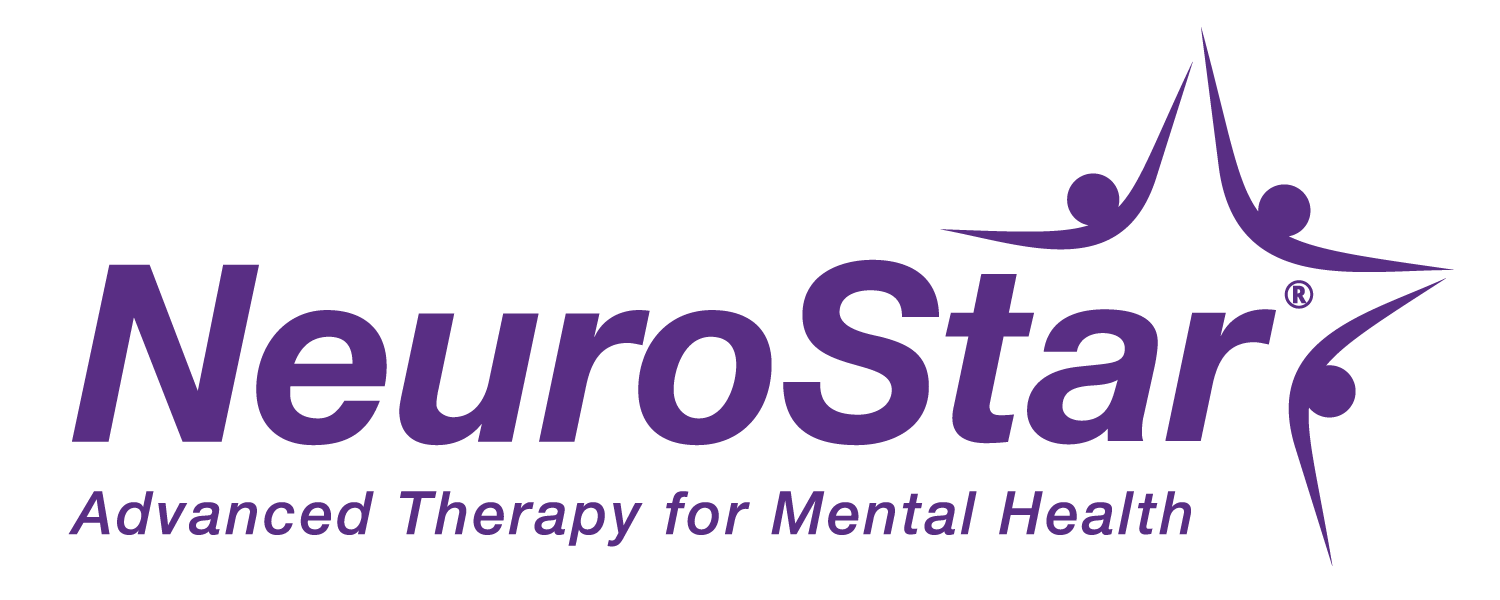“I believe depression is legitimate. But I also believe that if you don’t exercise, eat nutritious food, get sunlight, get enough sleep, consume positive material, surround yourself with support, then you aren’t giving yourself a fighting chance.”
- Jim Carrey
A few years ago I read about Jim Carrey’s personal struggles with depression, and man how this quote resonated with me, in the best way. I’ve also heard, “Drink water and get sunlight; we are basically houseplants with more complicated emotions.”
I have suffered from depression most of my life. But growing up, I didn’t eat very healthy, I watched scary movies far too often, and I shut myself indoors a lot. A few years ago, I decided to change my habits. I no longer watch scary movies, I eat incredibly healthy almost daily, and when I am indoors I open windows for sunlight and/or fresh air. I didn’t realize just how much of an impact junk food, slasher movies, and dark bedrooms had on my mental health until my therapist, and Jim Carrey, changed my perspective.
Humans have basic health and safety needs; food, water, sleep, air, clothing and shelter. If these needs are not met, it’s basically impossible for us to grow into healthy contributing members of society. Maslow’s Hierarchy of Needs suggests that we must develop, in order, from health and safety needs to higher levels of being (love/belonging, esteem and, last but not least, self-actualization). All in all, once our basic, most important needs are met, we can then focus on the next tiers. So essentially, if your body is not getting its basic needs met, sleep and nutrition, your brain cannot thrive.

Alright, education section over, back to the quote and my experiences of trying to follow its wisdom. Personally, I wasn’t given the opportunity to see a psychiatrist or therapist at a young age, so after my suicide attempt at age 17 I decided to do everything I could to manage my depression on my own (I do not condone avoiding the doctor, bear with me). I started hiking more, going to the gym (honestly rather infrequently), making myself a healthy breakfast instead of a bowl of cereal, and listening to more uplifting music. I noticed that there was a HUGE improvement in my mental health after those simple adjustments. If you take away nothing from this, take away this: We don’t choose to suffer from depression, but we do get to choose how we manage it.
So, here I am, 10 years later:
- Going to therapy bi-weekly.
- Taking breaks from true-crime podcasts/shows
- Adding positive Pandora stations (such as Disney or Broadway).
- Eating a well-balanced diet…only occasionally eating a whole box of cookies 😉
- Taking vitamins
- Practicing having a positive outlook and thoughts of gratitude daily
- Trying my best to go to yoga more than once a year
- Loving myself fully
This is all easier said than done, I know. But I promise if you take baby steps toward healthy lifestyle choices, your body and mind will thank you for your efforts. You can’t just wake up and decide to be happier; it’s something you have to choose to do, starting small and working at it every day.
Let me acknowledge that, for many people, psychotropic medications are also a necessary part of recovery. I haven’t tried medications for managing my depression yet, but I have seen their effectiveness in several of my friends. Psychotropic medications balance chemicals in the brain, to help the individual reach a state of homeostasis. Although most psychiatrists will agree that medications, on their own, are not likely to cure some psychiatric conditions, they are often a vital component. This is where choice comes into play. Therapists are trained to help people learn how to correct the maladaptive thoughts and behaviors that cause them distress. Lifestyle changes are essential because mental illness is a whole body disorder; it takes active work.
The trick to recovery is finding a balance that works for you. I have MANY friends that take medication and it has helped them to live their lives to the fullest. On the flip-side, I also have friends that have yet to find the right medication, but they are working closely with their psychiatrists to find the perfect match; mental healing is a journey that takes support, time and patience. This is why you must consult a professional if you are feeling emotionally unbalanced. You NEED a support system; family, friends, mental health professionals, or all of the above. If medication scares you, start with therapy. In therapy, you can talk through all of your thoughts and feelings about your treatment options and then decide together what makes the most sense for your individual journey.
To help you while you figure out what your body needs, I’d like to share with you what has worked for me. Because my depression always gets worse during winter, and many of my friends feel the same, this is the time of year I really struggle. Sticking with a daily ritual seems to help, especially as it starts getting so cloudy and cold:
- I start my day with oatmeal and a banana. Then while driving to work I listen to a true crime podcast that focuses on staying safe, with a little bit of humor thrown in.
- Once I’m in my office, I put peppermint/lavender essential oils in my light-up diffuser, turn on Ray LaMontagne Radio on Pandora, and open up my blinds. Sunlight helps immensely!
- On the way home, I listen to something more upbeat and uplifting and I sing my heart out. It’s cathartic.
- When I cook dinner I listen to the true crime/comedy podcast again. (It’s a hobby okay?)
- I go to bed watching The Office.
Some of these may not interest you, and that’s ok. The point is, these daily routines make me happy and they give me things to look forward to. Make a list of your happy things and find a way to fit them into your day.
The same treatment plan simply does not work for everyone and we don’t need to act like it should. I managed my anxiety and depression on my own, trying various tactics, until those things stopped working and I had to adapt new strategies. My therapist helped me do this and now I’m seeing so many positive changes in myself. Full disclosure, there are times my anxiety gets so bad that I think it may be time to reevaluate medication options, so maybe that’s in my future too. The point to all this is this: ask for help and be open to changing course when needed.
This is your journey, now it’s up to you to take the first step.
Draft and Concept Written by:
Kaylee Garber
Clinical Expertise and Editing by:
Gianna De Keles
Photo by:
Ben Hess Photography
Psychiatric Wellness Center (Bakersfield, CA) – (661) 431-1555 #3 (New Patient)
Crisis Textline (Crisis Text Line is a global not-for-profit organization providing free, anonymous crisis intervention via SMS message) – Text “Listen” to 741741
National Suicide Prevention Hotline – 1800-273-8255


